(CLO) Indonesia has become the first Southeast Asian country to join BRICS as an official member, marking an important milestone in the history of regional international relations.
The decision reflects not only Indonesia’s growing stature on the international stage, but also Southeast Asia’s growing power to shape global supply chains, especially in strategic industries such as renewable energy and clean technology.
Indonesia is the world’s largest producer of nickel – a metal essential for electric vehicle batteries, which play a key role in the global energy revolution. Indonesia’s participation in BRICS benefits not only the country but also the bloc as Indonesia’s significant mineral resources help strengthen the BRICS commodity value chain.
Along with Indonesia, Malaysia and Thailand – two ASEAN countries that are BRICS partners – possess distinct strategic resources. Malaysia is a leading exporter of natural gas and a major producer of tin. Meanwhile, Thailand is one of the world’s largest producers of rare earth metals.
The entry of these countries into BRICS not only helps expand the supply of strategic goods but also creates a strong alliance in important industries, from energy, agriculture to high-tech manufacturing.
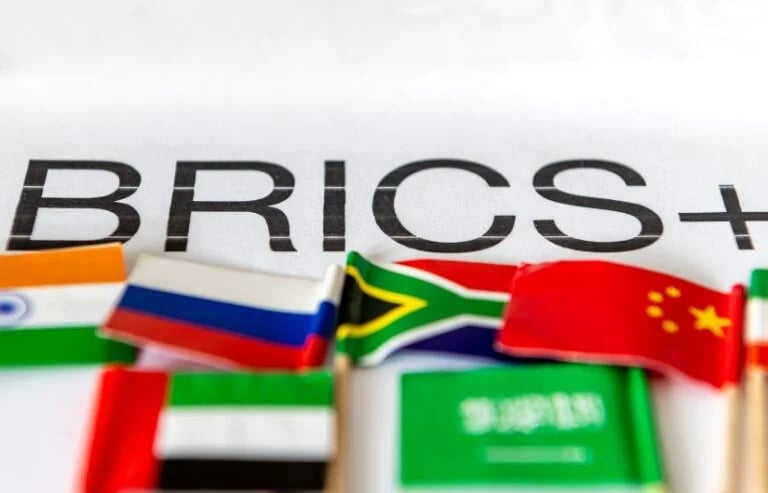
Illustration: GI/iStock
BRICS, originally comprised of Brazil, Russia, India, China and South Africa, has grown into a major economic and political bloc with the addition of new members such as Egypt, Ethiopia, Iran and the UAE last year. The addition of Indonesia and other Southeast Asian nations cements BRICS’s status as a diverse alliance that represents the interests of countries in the Global South.
Thanks to the addition of members from Southeast Asia – a region rich in minerals and natural resources – BRICS now controls much of the global supply of essential commodities such as oil, natural gas and critical minerals.
This creates a strong counterweight to Western-dominated supply chains, especially as G7 countries reorient their supply chains.
Advantages of Southeast Asian countries when joining BRICS
BRICS is a platform where member states are equal and make decisions based on consensus. This is in stark contrast to Western-led institutions, which are often dominated by major powers.
The BRICS bloc is focused on promoting economic development, trade reform and combating climate change. These policies are in line with the interests of Indonesia and Southeast Asian countries, helping to ensure that initiatives such as clean energy production and carbon emissions reduction are strongly supported.
BRICS have also united in opposing economic sanctions and discriminatory carbon border adjustment mechanisms. For Indonesia and ASEAN countries, this is an opportunity to defend national interests against pressure from Western-imposed trade and environmental policies.
ASEAN countries, including Indonesia, are strongly opposed to the idea of an Asian NATO and are concerned about initiatives such as the US-led Mineral Security Partnership (MSP). Representation in BRICS would strengthen ASEAN’s voice in regional affairs, ensuring that regional interests are respected.
BRICS also plays an important role in supporting sustainable development initiatives and ensuring regional peace. The bloc has supported the establishment of nuclear-weapon-free zones and promoted disarmament. Indonesia, which has proposed the Southeast Asia Nuclear-Weapon-Free Zone Treaty, could benefit from BRICS support to make this initiative a reality.
In addition, BRICS also supports the countries of the Global South in addressing the consequences of climate change. The bloc's agreement to establish a Damage Compensation Fund at COP27 is an important step forward, especially for Southeast Asian countries vulnerable to natural disasters and rising sea levels.
A turning point for the Southern Hemisphere
Indonesia's entry into BRICS reflects a new trend in international relations, where countries of the Global South are increasingly gaining a greater voice.
As Western-led institutions increasingly show their shortcomings – from failing to prevent armed conflicts to bias in foreign policies – BRICS has emerged as a reliable platform for small and medium-sized countries to defend their interests.
Indonesia, as a pioneer in ASEAN, is helping the region integrate more deeply into global alliances, thereby not only promoting economic development but also creating a multipolar world where power is more equitably distributed.
Ngoc Anh (according to SCMP, Diplomat, Nikkei Asia)
Source: https://www.congluan.vn/indonesia-gia-nhap-brics-buoc-ngoat-cho-dong-nam-a-va-nam-ban-cau-post330066.html



![[Photo] Unique folk games at Chuong Village Festival](https://vstatic.vietnam.vn/vietnam/resource/IMAGE/2025/4/10/cff805a06fdd443b9474c017f98075a4)
![[Photo] Phuc Tho mulberry season – Sweet fruit from green agriculture](https://vstatic.vietnam.vn/vietnam/resource/IMAGE/2025/4/10/1710a51d63c84a5a92de1b9b4caaf3e5)

![[Photo] Prime Minister Pham Minh Chinh chairs meeting to discuss tax solutions for Vietnam's import and export goods](https://vstatic.vietnam.vn/vietnam/resource/IMAGE/2025/4/10/19b9ed81ca2940b79fb8a0b9ccef539a)

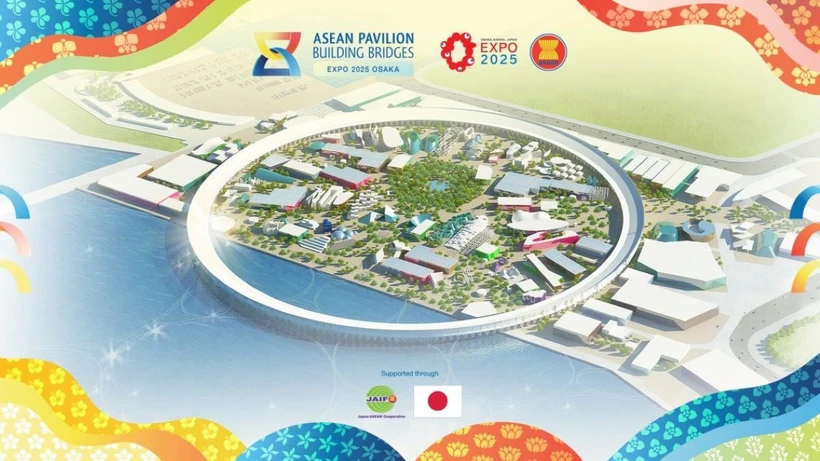

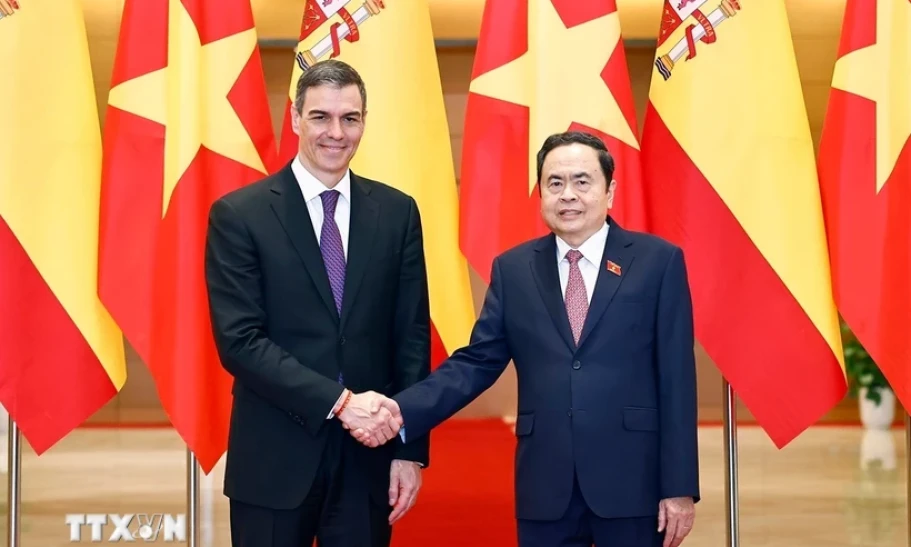

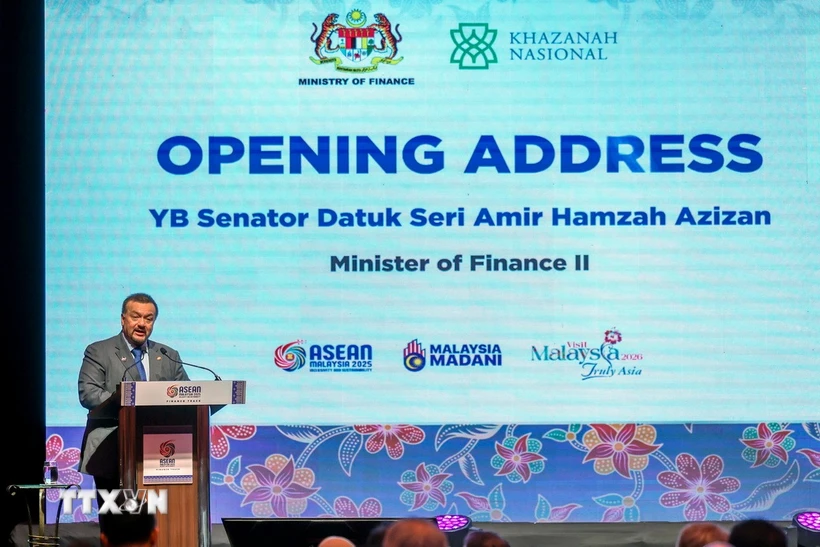
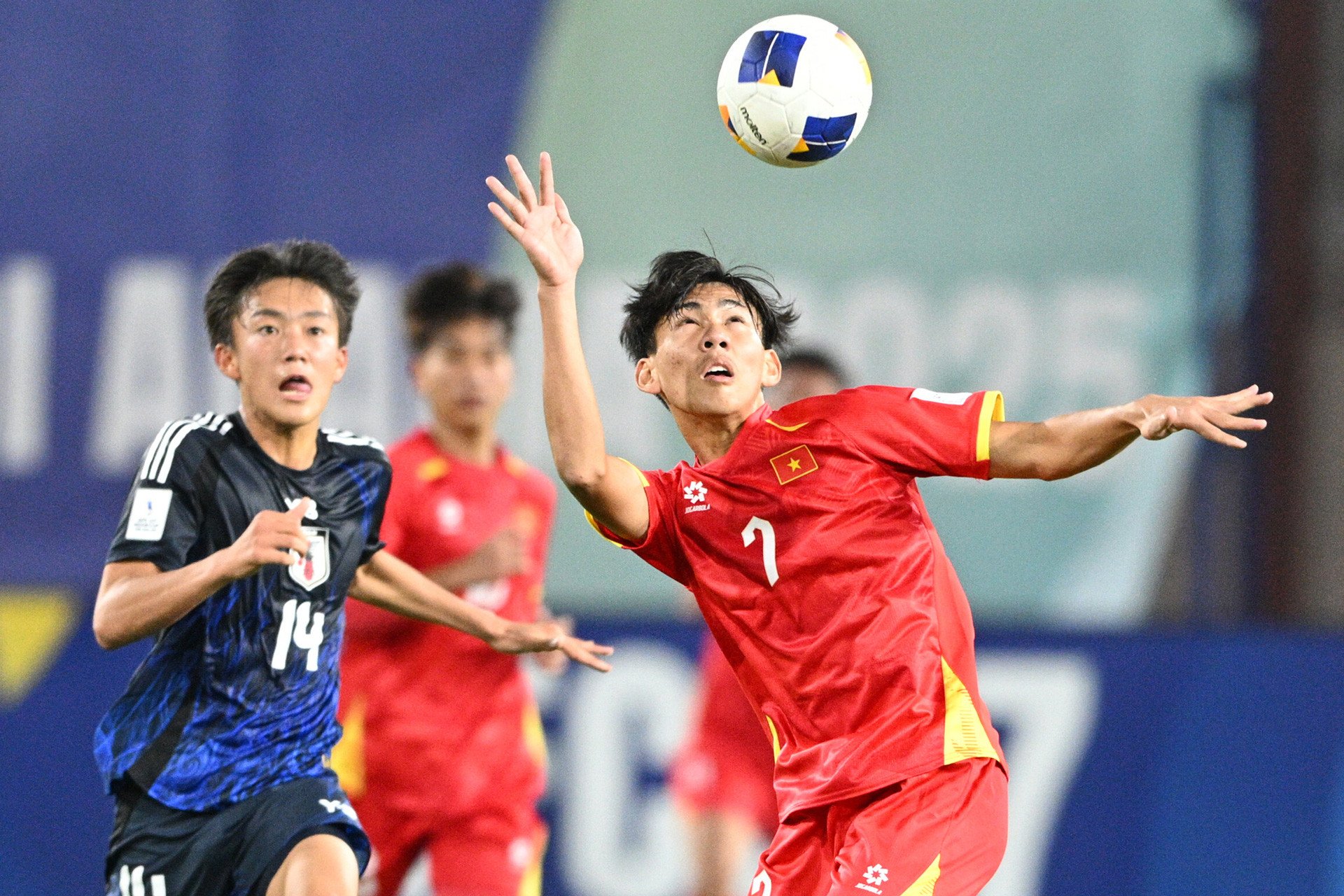



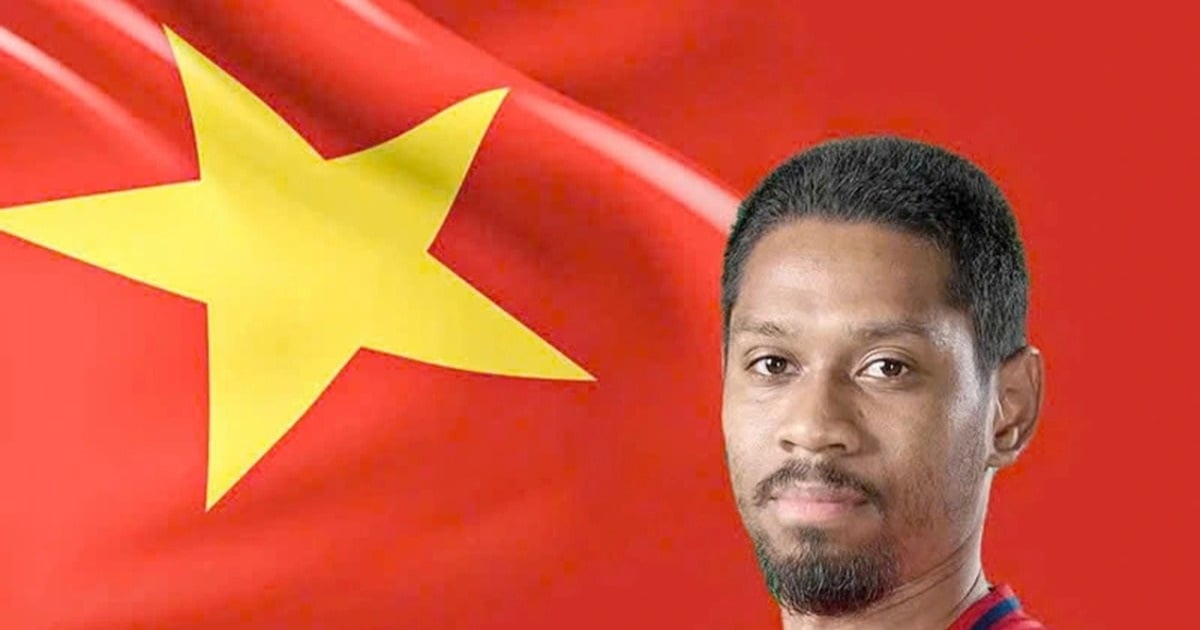

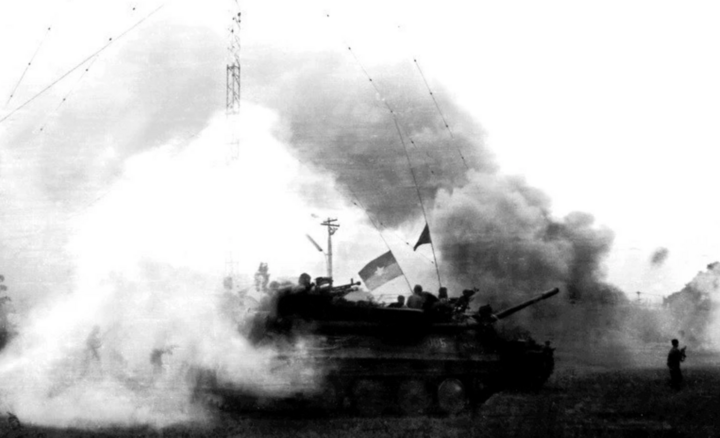

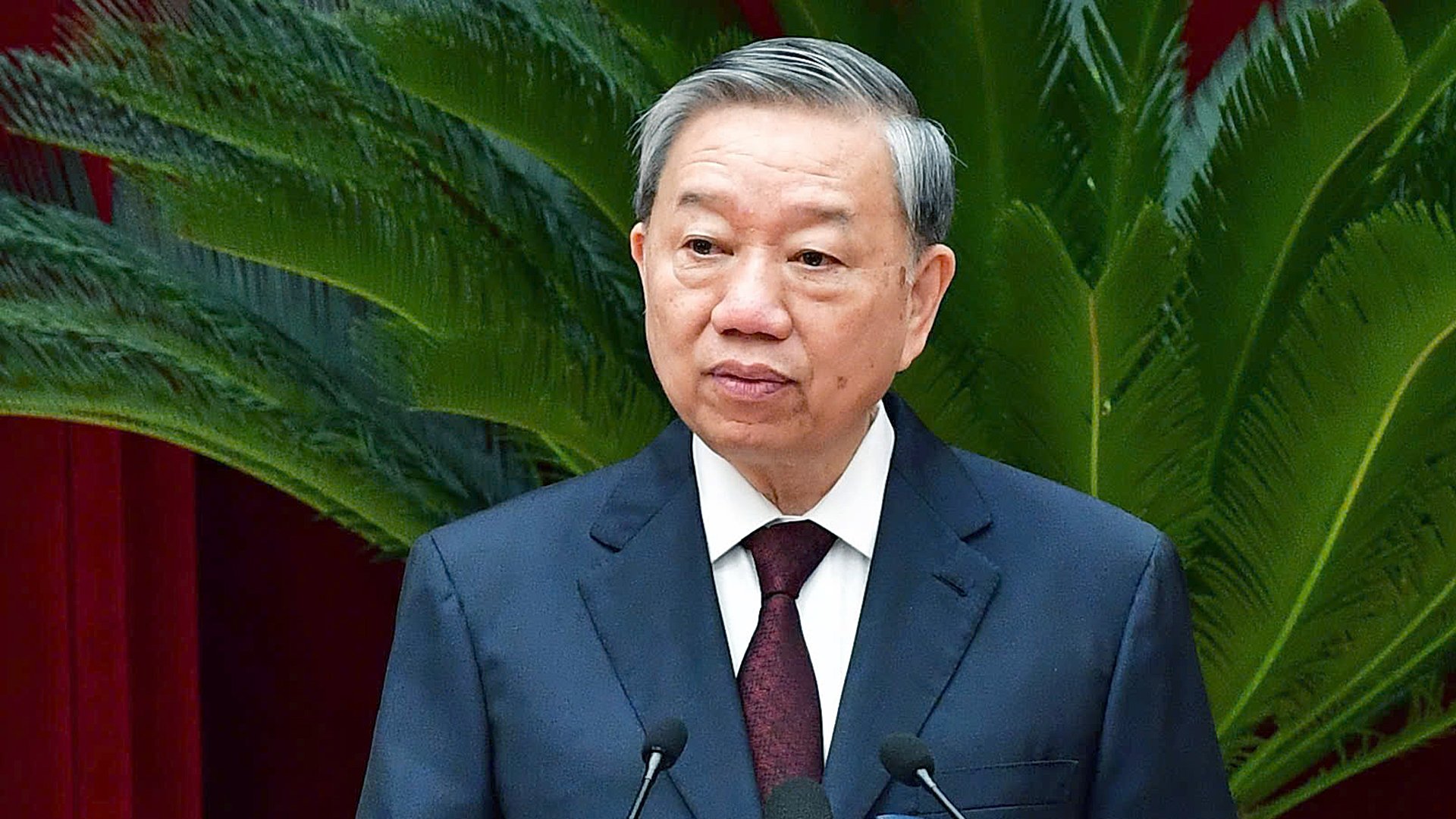
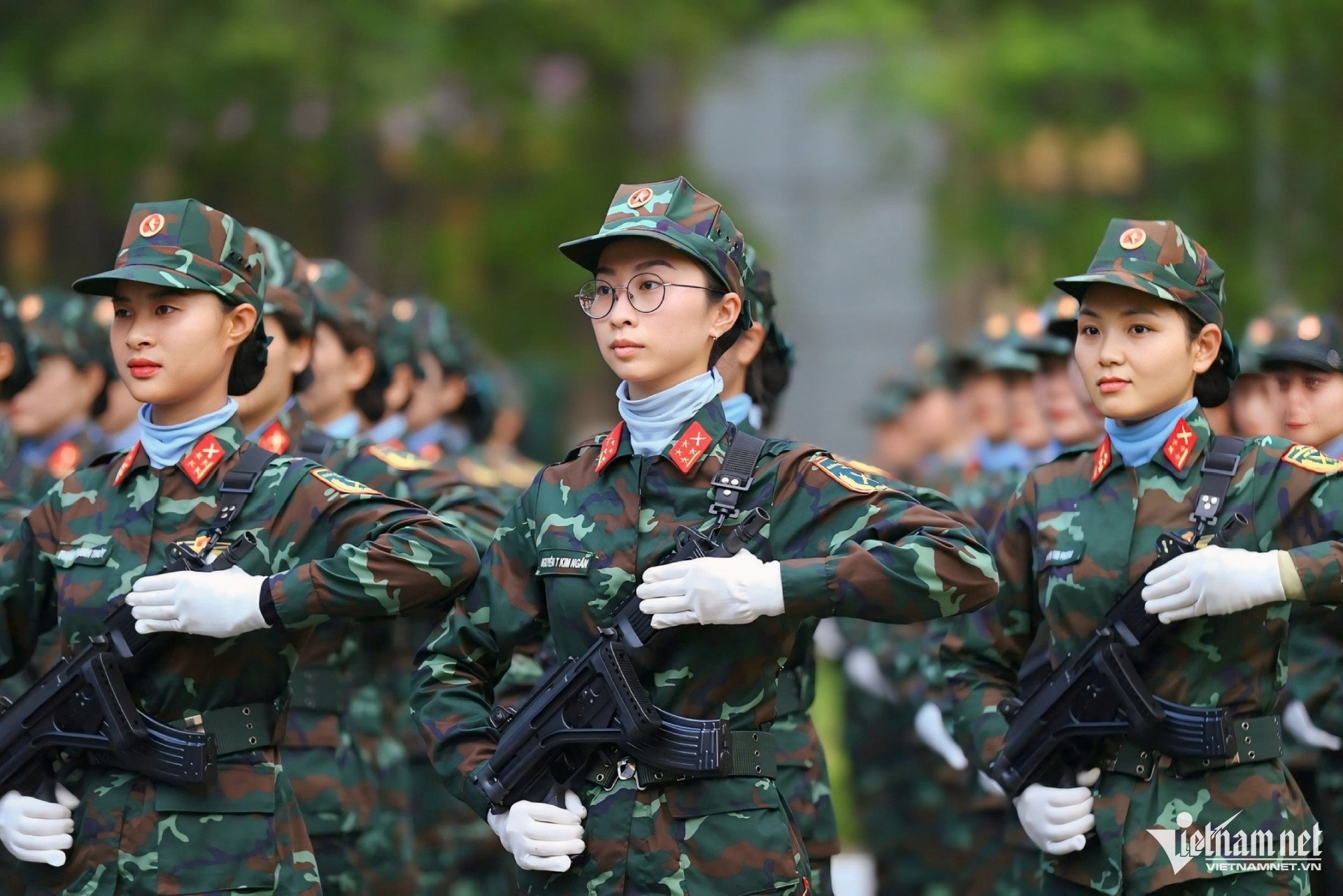
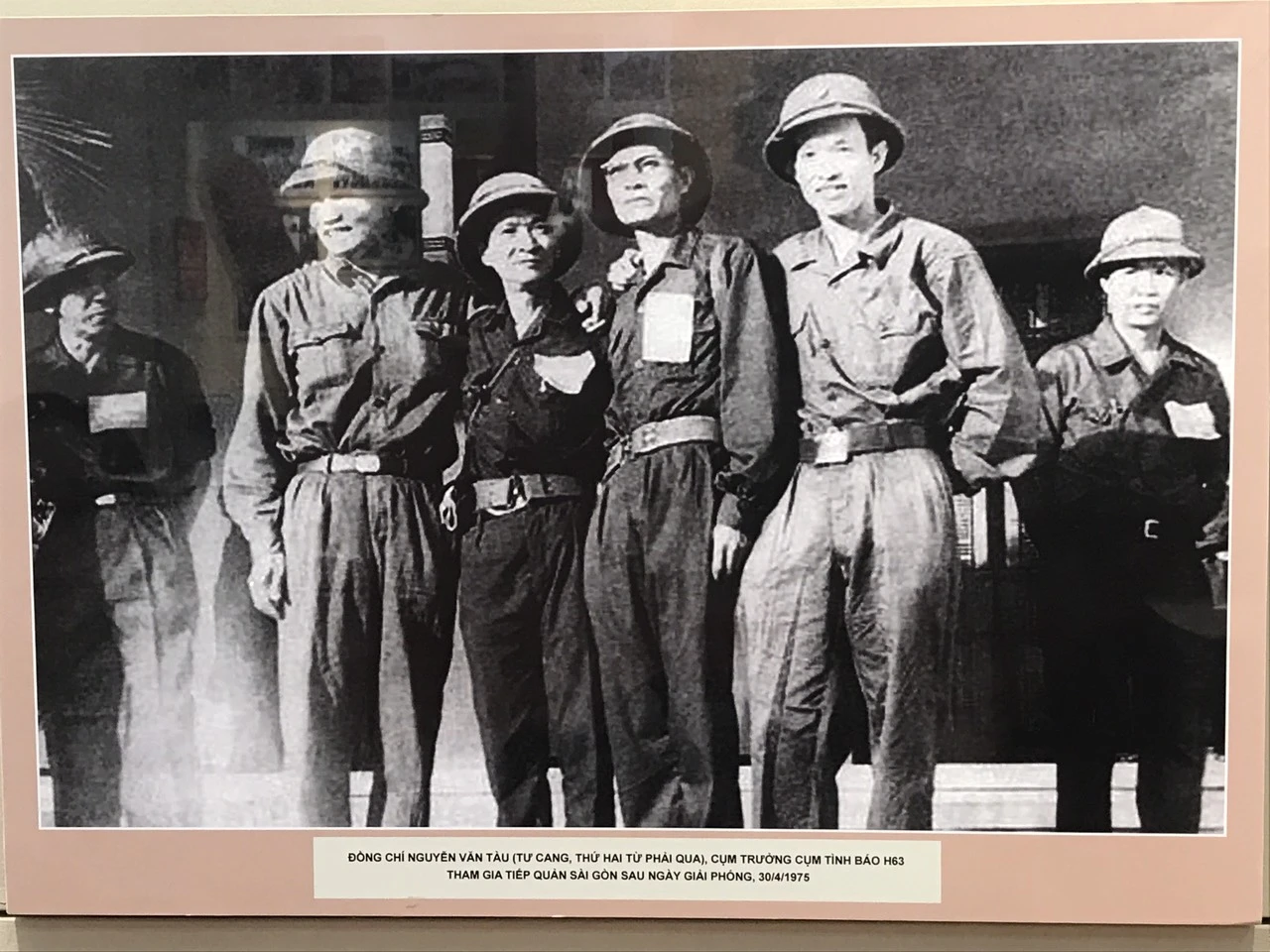





















































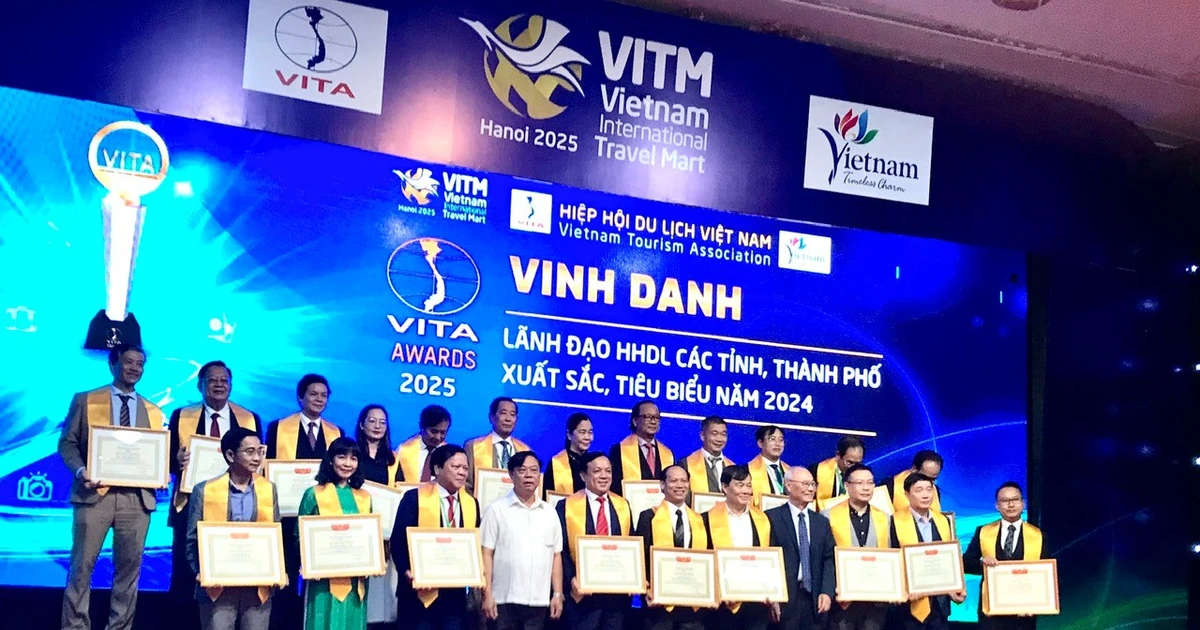



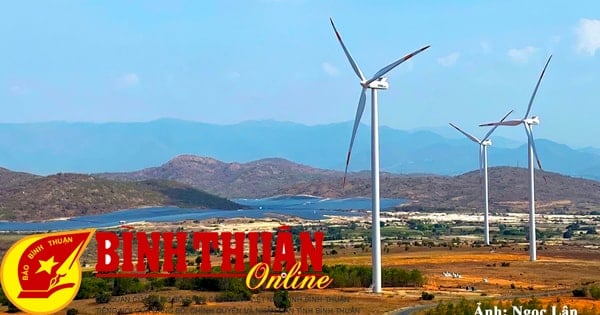

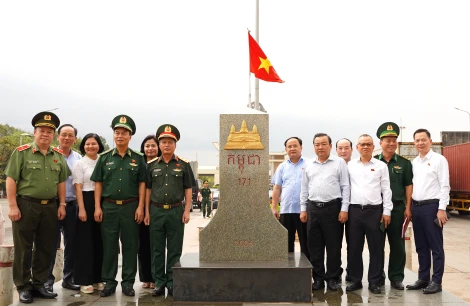
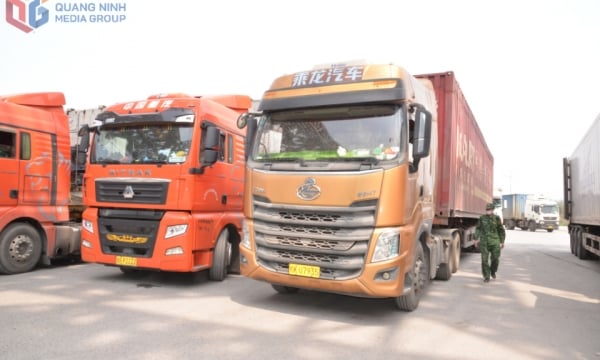

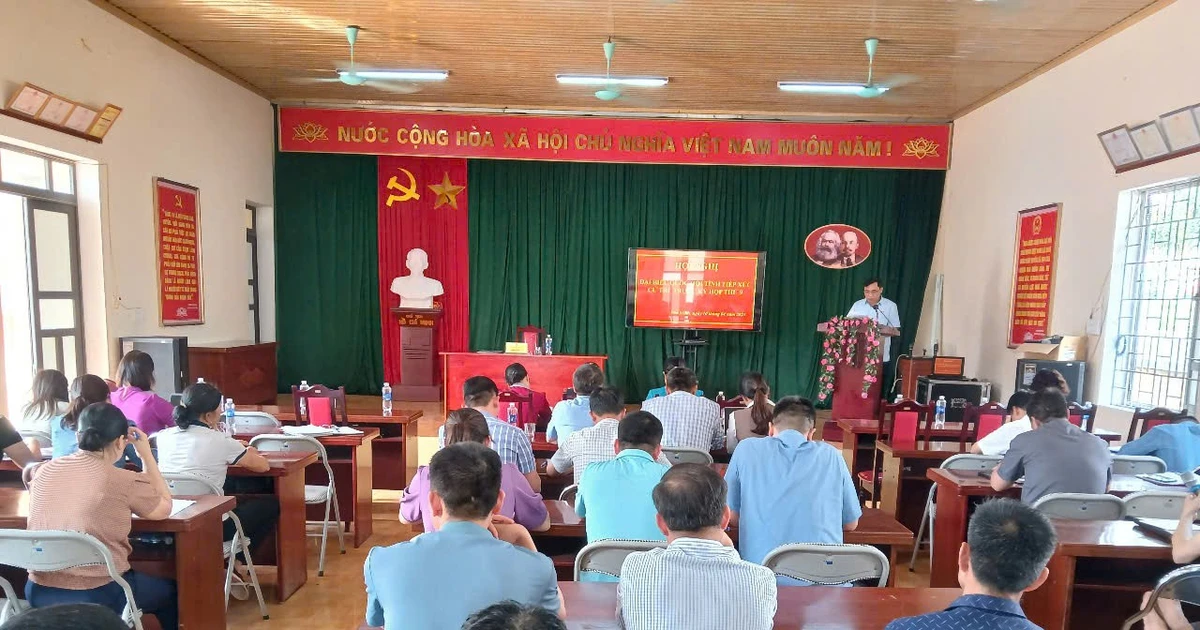









Comment (0)